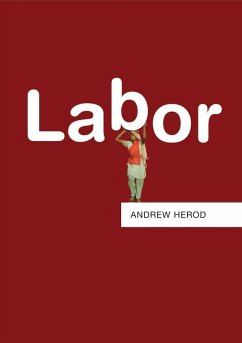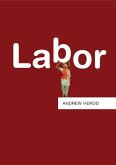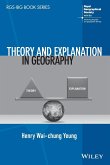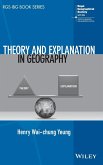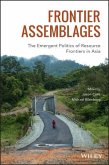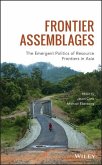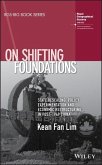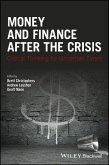Labor is the source of all wealth. Without workers, the world's natural resources cannot be transformed into finished goods and services cannot be delivered. Labor, though, is a uniquely important resource for the very simple reason that working people have sentience. Whilst a business might seek to employ workers in much the same way as it does any other resource, unlike these other resources labor is capable of altering its own conditions of existence and so of challenging how it is used by others.
In this book, Andrew Herod offers an original and wide-ranging analysis of labor as a multi-faceted and truly global resource. Opening with a rich overview of the migration streams and demographic trends that have shaped the planetary distribution of labor, he goes on to explore how globalization and the growth of precarious work are impacting working people's lives. A wide range of examples is examined to illustrate the ongoing struggles faced by workers worldwide - from forced labor and child labor in West Africa's cocoa and southeast Asia's shrimping industries to the labor practices affecting so-called 'knowledge workers'. Herod concludes by surveying some of the ways in which working people are taking action to improve their lives, including forming trade unions and other labor organizations, occupying factories in places like Argentina and Greece, and establishing anti-sweatshop campaigns.
This book is a must read for anyone interested in understanding the state of labor in today's global economy.
Hinweis: Dieser Artikel kann nur an eine deutsche Lieferadresse ausgeliefert werden.
In this book, Andrew Herod offers an original and wide-ranging analysis of labor as a multi-faceted and truly global resource. Opening with a rich overview of the migration streams and demographic trends that have shaped the planetary distribution of labor, he goes on to explore how globalization and the growth of precarious work are impacting working people's lives. A wide range of examples is examined to illustrate the ongoing struggles faced by workers worldwide - from forced labor and child labor in West Africa's cocoa and southeast Asia's shrimping industries to the labor practices affecting so-called 'knowledge workers'. Herod concludes by surveying some of the ways in which working people are taking action to improve their lives, including forming trade unions and other labor organizations, occupying factories in places like Argentina and Greece, and establishing anti-sweatshop campaigns.
This book is a must read for anyone interested in understanding the state of labor in today's global economy.
Hinweis: Dieser Artikel kann nur an eine deutsche Lieferadresse ausgeliefert werden.
"Superbly explicated and assisted by well-chosen case studies, Andy Herod's analysis of the uniqueness of labor as a resource is both captivating and convincing. Wonderful work!"
Jon Agnone, University of Washington
"In this bold and pithy text Herod reminds us that labour is a vital resource with a mind of its own. Labor is an excellent introduction to the fast changing world of work and why it matters so much."
Jane Wills, Queen Mary, University of London
Jon Agnone, University of Washington
"In this bold and pithy text Herod reminds us that labour is a vital resource with a mind of its own. Labor is an excellent introduction to the fast changing world of work and why it matters so much."
Jane Wills, Queen Mary, University of London

